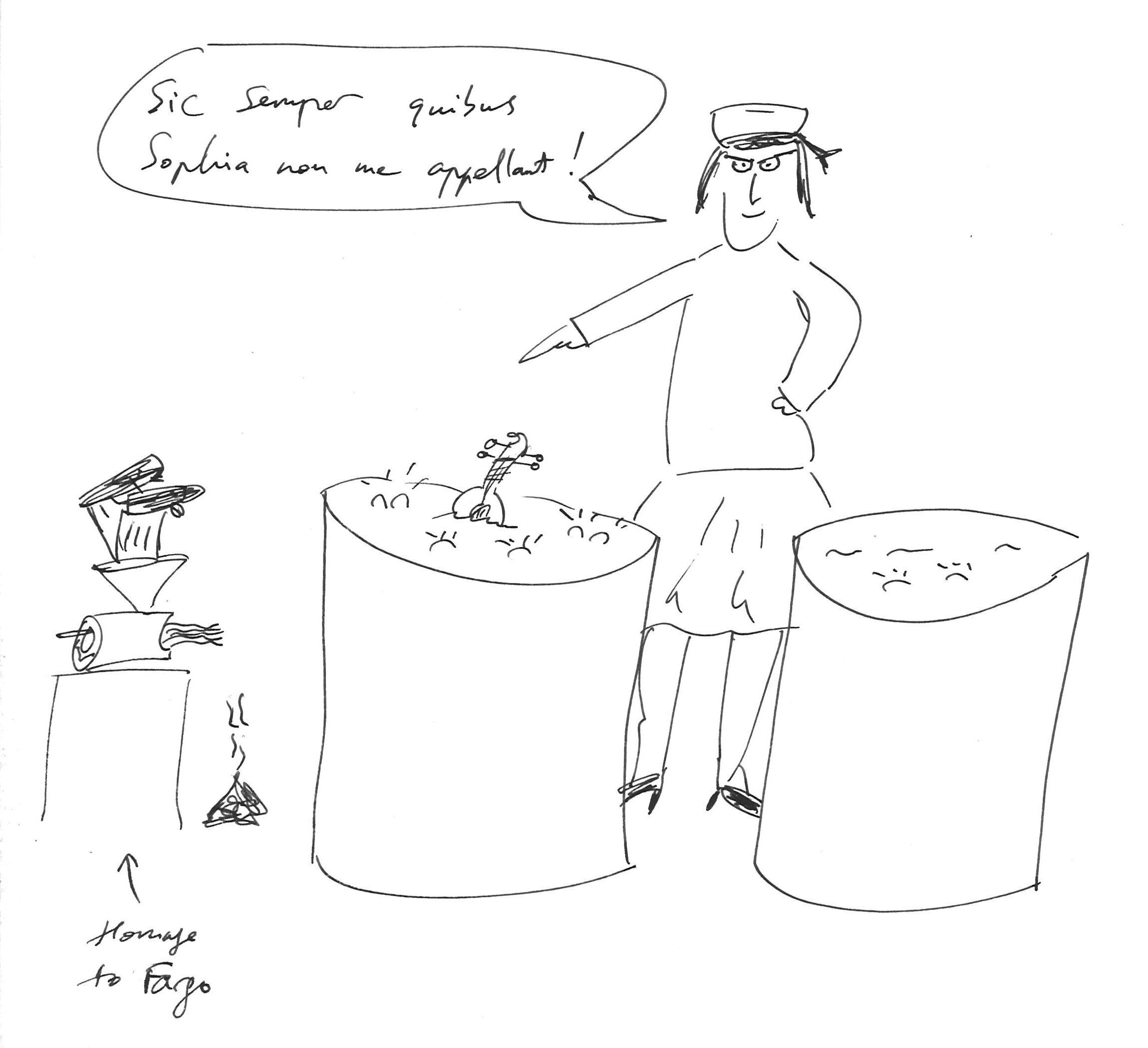Not A2A.
Michael Masiello, who is awesome in every way, is right in the question he answered, but wrong in the question I think OP intended.
Linguistics and literature are indeed quite different fields of study. In fact, they have become more separate. Linguistics was invented to help literature study (rhetoric); and literature scholars draw on the toolset of linguistics to understand the aesthetics of the texts they are studying.
On the other hand, linguistics by its nature cannot prioritise one kind of text over all the others, or make value judgements over what is beautiful in language. (Anything I know about Michael’s field, I know from my own reading, before I got into linguistics.) If anything, linguistics sets itself up in opposition to the lay judgements of language that are built on social rather than structural notions; and it prioritises the spoken rather than the written.
As a result, linguistics has ignored social and cultural structures (until very recently), and sociolinguistics is a field we owe to sociologists, not linguistics. Historical linguistics of literary languages is now a niche field; and linguistics ignore at the tools of literature, even when they really shouldn’t. (Nick Nicholas’ answer to What are the differences between linguistics and philology?)
No, for example, you can’t use the presence of infinitives in the Mass of the Beardless Man to prove that infinitives survived in Greek in 1500. The Mass of the Beardless Man is a parody of the Greek liturgy, which was written a thousand years before. As the tools of literature will tell you, that means it will use the older linguistic structures of the text it is based on.
So much for the walls of separation between linguistics and literature as disciplines. But OP has spoken of “English Linguistic” and courses. This implies not only that they are not a native speaker of English, but also that they are asking about the teaching of English linguistics and literature in universities outside of the Anglosphere.
When the Europhobic linguists of the University of Melbourne made it clear that they would never hire a linguist working on Greek (enjoy your funding cuts, guys), I moved upstairs to work as IT support and research assistant in the School of [European] Languages. A BA in French would be a course in French Language and Literature. As far as I know, Australian linguistics don’t speak of French Linguistics and Literature; and in general, linguists in language departments are (a) lonely, (b) mostly sociolinguists. But I know that that wording is used in Greece, e.g. English Linguistics and Literature.
So you can offer language and literature, or even linguistics and literature, in the same course.
What does that mean?
Well, (a) the linguists are still lonely. They don’t have much overlap or common interest with the literature scholars. In fact, I was research assistant to the one non-sociolinguistics linguist upstairs, and friendly with his colleagues; and there was a lot of mutual incomprehension.
(b) The course will consist of language modules, literature modules, culture modules, and linguistics modules, in different proportions depending on the country and current fashions. (The literature lecturers 50 years ago got into French because they want to know about Molière. Most of their students, lecturing now, were more interested in postcolonial literature. And their students may just be interested in aerospace engineering.)
Those different modules will be offered by different specialists, and will not be informed by each other. So intellectually, they will be different. But it makes no sense for the students or the university to split them into separate courses: as a student of French, you should know both the language and the culture — and if you’re more intellectually driven, that means you should know both the linguistics and the literature.

